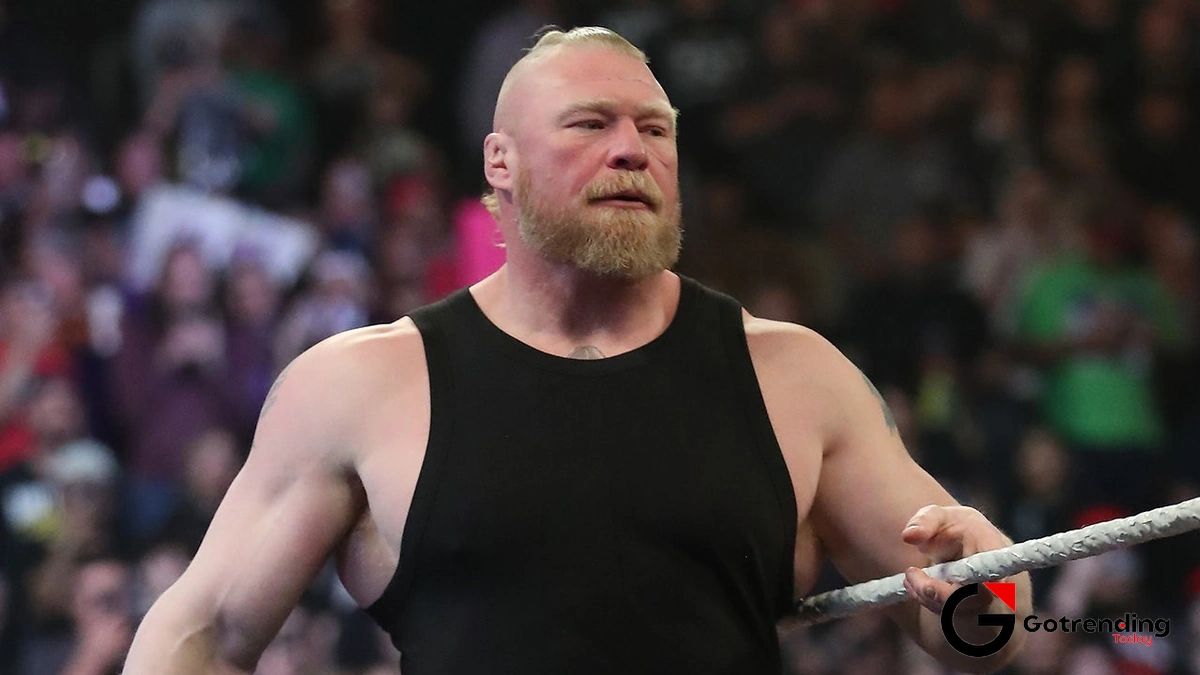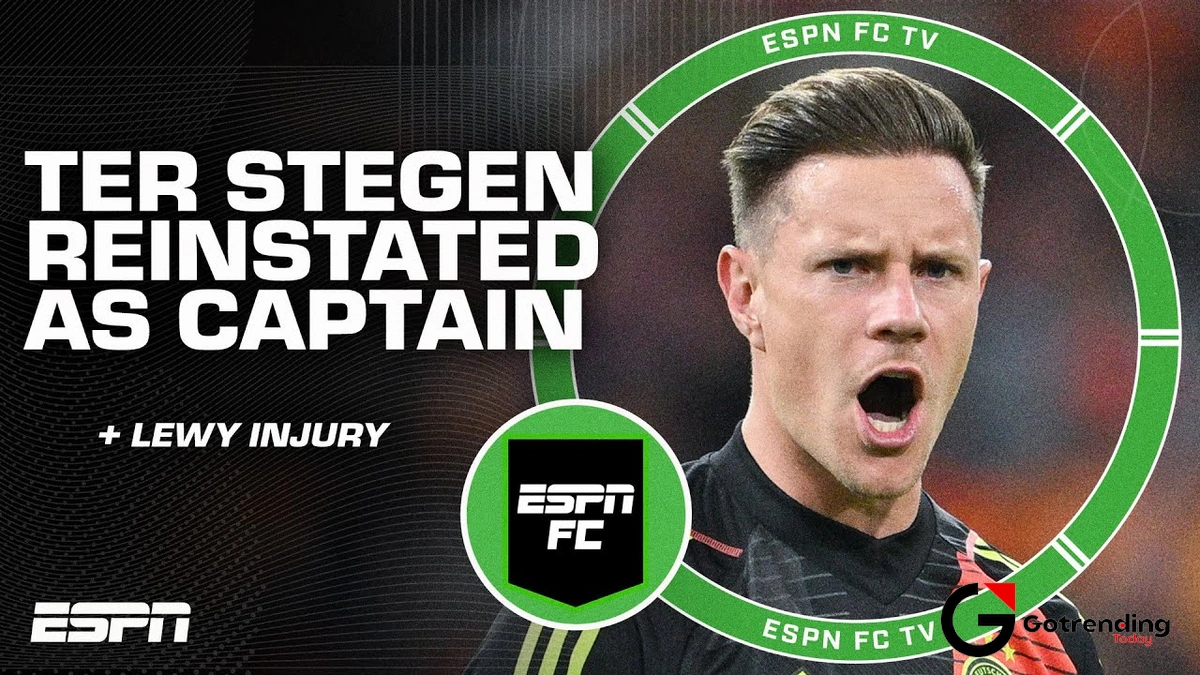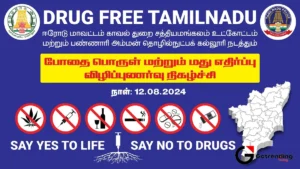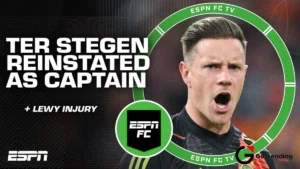The Beast in the Room | Why We Can’t Quit Brock Lesnar
Let’s be honest for a second. When you hear that jarring, screeching guitar riff followed by the bounce-stomp of his theme music, your heart does a funny thing, doesn’t it? It’s not the same cheer you give for your heroes. It’s not the same boo you give to the villains you love to hate. It’s a different feeling. A primal, oh-crap-what’s-going-to-happen-now feeling. That’s the Brock Lesnar effect. In a universe of larger-than-life characters, he feels like the only one who forgot to read the script. He’s the final boss who wandered onto the stage in the first level.
For years, I’ve tried to put my finger on what makes him so magnetic, so utterly terrifying and compelling all at once. Is it the sheer physical presence? Of course. The man is built like a mythological creature. Is it the legitimate athletic pedigree? The NCAA Division I Heavyweight Championship is no joke, and don’t even get me started on his stint in the UFC . But I think it’s something more. He is the walking, talking embodiment of consequence in a world that often feels consequence-free. He is the uncomfortable truth.
And nowhere was that truth more brutally displayed than against the one man who defined an entire era: John Cena.
The Night the Fairytale Died | Lesnar vs. Cena
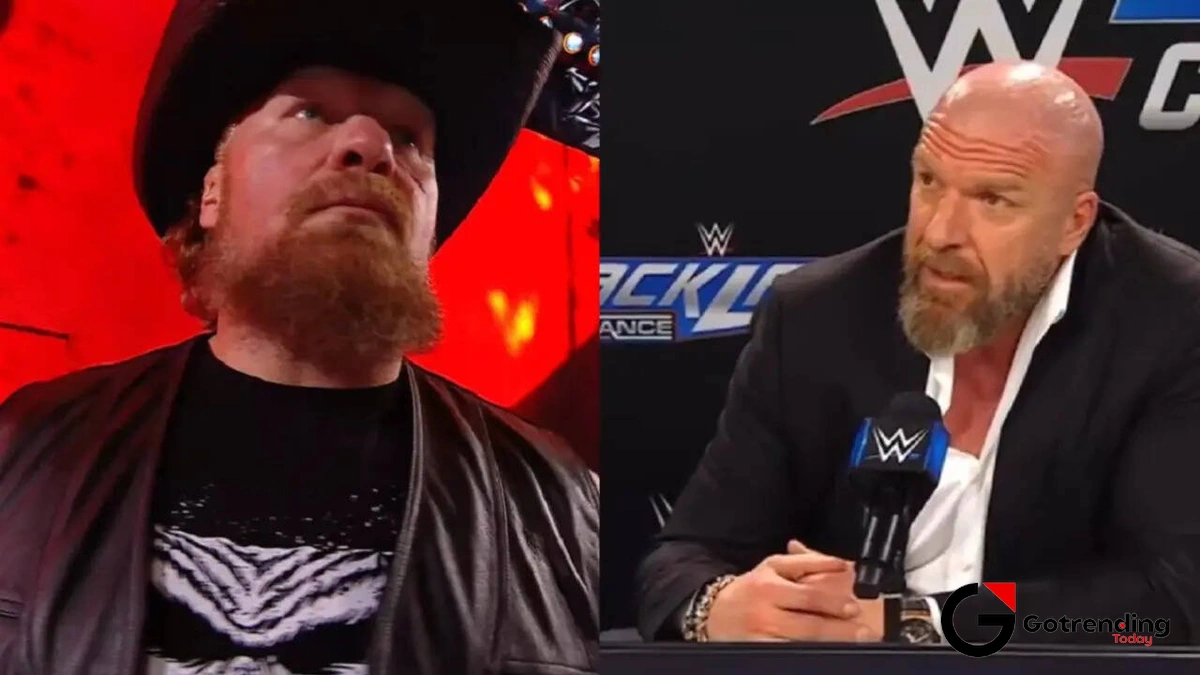
I want you to think back to SummerSLAM 2014. The lead-up was classic wrestling. The returning monster, Brock Lesnar , fresh off conquering The Undertaker’s WrestleMania streak, versus the ultimate company man, the superhero to kids everywhere, John Cena . We’d seen this movie before, right? The hero, battered and bruised, would dig down deep, overcome the odds, and hit the Attitude Adjustment for the feel-good win. It was the WWE way.
But that’s not what happened. What happened was a mugging. A demolition. It wasn’t a match; it was a 16-minute long public execution of an idea. The idea that “Hustle, Loyalty, and Respect” could overcome a genetically superior predator. The Beast Incarnate didn’t just beat John Cena; he dismantled him. He toyed with him. Sixteen suplexes. Sixteen. I remember watching it live, and the casual, almost bored way Lesnar would hoist Cena up, throw him, and then just… stare. It was chilling. The crowd went from roaring to a stunned, uneasy silence.
That single match, more than any other, cemented Lesnar’s modern legacy. It told the audience: your heroes are not safe. The rules you thought you understood do not apply here. This isn’t a story you’ve seen before, and you might not like the ending. The long-term storytelling here was masterful, something that even movie franchises could learn from, maybe we’ll see some of that in the upcoming War 2 movie updates . That night, Suplex City wasn’t just a catchphrase; it was a destination, and John Cena was its first, unwilling citizen.
The Authenticity of a Mercenary
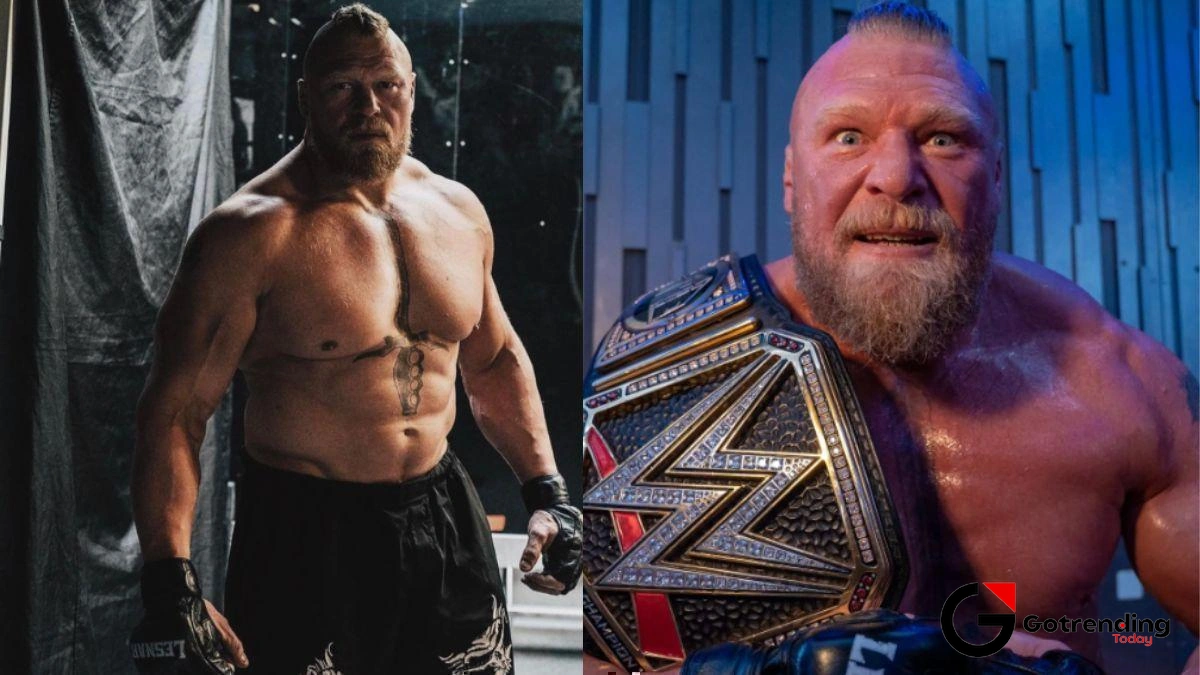
So, why does this work? Why do we, the fans in India and across the globe, who can spot a fake a mile away, buy into this guy so completely? Because there’s very little to fake. Look, I get the criticism. The “part-timer” champion thing has frustrated a lot of us. For ages, the WWE Champion was the guy on the road 300 days a year, the heart and soul of the show. Brock is… not that. He’s a mercenary. He shows up, causes chaos, collects an obscene paycheck, and goes back to his isolated farm in Canada.
And that’s precisely why it’s so brilliant. He’s not pretending to love the fans. He’s not kissing babies. He’s not telling you to eat your vitamins. He is a prizefighter whose prize is money. His character is a man who is supremely gifted at violence and has monetized it. That feels… real. It’s a level of authenticity that other performers have to work incredibly hard to mimic. When he went to the UFC and became the Heavyweight Champion there, as detailed on his Wikipedia page , it wasn’t a wrestling angle. It was a real-life achievement that added an unbreakable layer of legitimacy to his WWE persona.
You don’t have to like him. In fact, you’re probably not supposed to. But you have to respect the danger. You have to acknowledge the reality he represents. He’s a special attraction, a walking, breathing WrestleMania main event. You don’t put that on free TV every week. Scarcity creates value. This is a basic economic principle, something you’d see when looking at a Zen Technologies share price ; the less available something is, the more you want it. Lesnar is the living embodiment of that in sports entertainment.
He broke the mold. He doesn’t need our cheers to feel validated. He just needs the promoter’s check to clear. And in a strange way, that honesty is more compelling than a thousand scripted promos about passion for the business.
A Few Lingering Questions About The Beast
Is Brock Lesnar actually that strong?
Oh, absolutely. This isn’t just a wrestling gimmick. Before WWE, he was an NCAA Division I wrestling champion, an insane accomplishment requiring elite strength and skill. There are countless stories from other wrestlers about his “farmer strength.” He famously (and dangerously) botched a Shooting Star Press at WrestleMania XIX, a move a man his size has no business even attempting, which speaks to his freakish athleticism. His power is 100% legitimate.
Why was his SummerSlam match against John Cena so important?
It was a turning point. For a decade, John Cena was “Super Cena,” the guy who always overcame the odds. That match didn’t just have Lesnar win; it had him utterly dominate Cena in a way no one ever had. It signaled a shift in WWE’s storytelling, establishing Lesnar as an unbeatable monster and proving that the old formula could, and would, be broken. It effectively ended the “Hustle, Loyalty, Respect” era’s invincibility.
What is Brock Lesnar’s net worth, roughly?
While exact figures are private, most credible sources estimate Brock Lesnar’s net worth to be around $25-$30 million USD. Converting that for his fans in India, you’re looking at a figure well over ₹200 crore. This wealth comes from his highly lucrative, limited-date WWE contracts, his successful UFC run, and major endorsement deals.
Did Brock Lesnar really leave WWE for the UFC?
Yes, he did. After his initial run in the early 2000s, he left WWE in 2004 to pursue a career in the NFL. When that didn’t pan out, he transitioned to mixed martial arts. He fought in the UFC from 2008 to 2011 (with a one-off return in 2016), where he won the UFC Heavyweight Championship. His return to WWE in 2012 was as a legitimate, former UFC champion, which made his “Beast” persona all the more believable.
Will we see Brock Lesnar in WWE again?
That’s the million-dollar question, isn’t it? With Lesnar, the door is never truly closed. His appearances are based on big-money contracts for major events. While he’s been away for a while, history shows that when the price is right and the storyline is compelling (like a major event such as WrestleMania or a Saudi Arabia show), The Beast can always be lured out of hibernation. It’s less a matter of “if” and more a matter of “when and for how much.”
